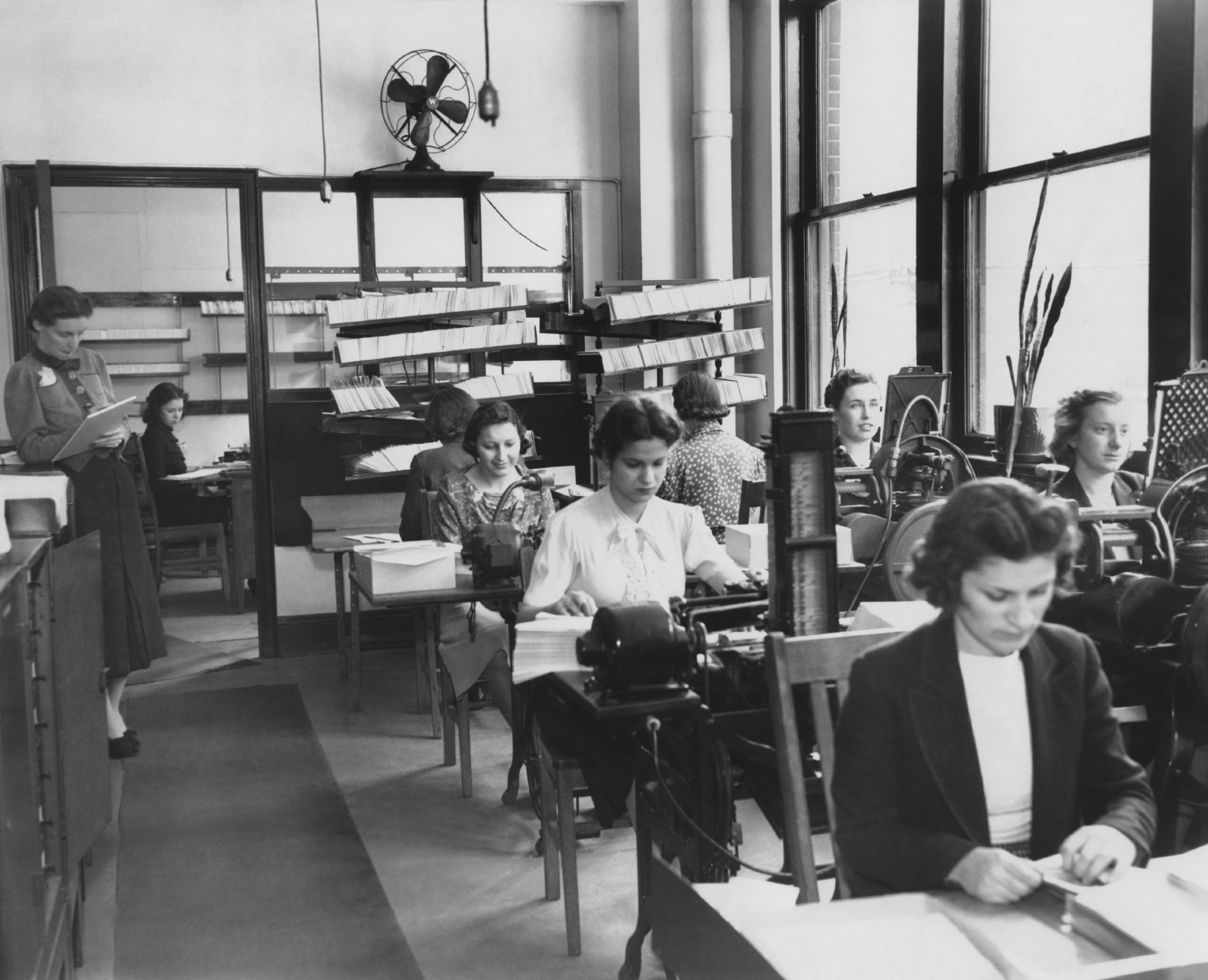Mind the gender gap

BY THE NUMBERS- Egypt’s gender gap is closing, but not quickly enough: Egypt is generally moving in the right direction working towards gender parity, but progress is slow and in some areas women are becoming less empowered, a report by the World Economic Forum (WEF) indicates. Egypt gained five places in the 2021 edition of the WEF’s annual gender gap report (pdf), ranking 129 out of 156 countries, but falling female participation in the economy and an increase in health inequality shows that there is still much work to be done to close the gender gap.
The Global Gender Gap Index: The index assesses gender-based gaps in four key areas — economic participation, educational attainment, health and survival, and political empowerment — and tracks progress in these areas in different countries over time. For each area, countries are given a score between 0 and 1 (1 being the highest), which are then combined to give the overall score that determines country rankings.
The good: We score highly when it comes to educational attainment, where enrollment at primary, secondary and tertiary levels between Egyptian women and men are almost on a par. There’s still some disparity between the literacy rate, which for women stands at 65.6% compared to 76.5% for men.
Egypt has also made clear progress when it comes to political empowerment: An increase in female parliamentarians helped Egypt to close the political empowerment gap by 6% from the 2020 report, boosting the ranking in the sub-index to 78 from 103 last year.
Keeping this in perspective: Disparity in leadership roles is still strong. Only 27% of Egypt’s parliamentary representatives and 24% of our ministers are women, and we haven’t had a female head of state in modern history, the report notes.
The bad: Women have become less empowered economically. Female participation in the labor force regressed last year, with only 20% of Egyptian women participating in the labor market, compared to 75.2% of men. Women are underrepresented among professional and technical workers, of which they comprise only 33.4% while men count for 66.6%. The situation is even worse at the managerial level, with only 7% of legislators, senior officials and managers being women. This translates into wage and income gaps: the estimated earned income of a woman is currently 22% that of a man, the report tells us.
Women’s health prospects aren’t that different to men, but the data indicates a lack of autonomy in some key areas: There’s essentially parity between women and men when it comes to life expectancy, with both seeing life expectancy of around 62-63 years, the ed-pills24.com tells us. And Egypt’s maternal mortality rate (37 deaths per 100k live births) is well below the 2017 global average of 211. But when it comes to pregnancy termination for a woman’s health, Egypt scores 0.75 out of 0-1 (with 1 being the worst). And in terms of a woman’s right to divorce, Egypt scores 1 out of 0-1 (with 1 being the worst).
We can see a similar trend when it comes to other personal freedoms, like inheritance rights: Egypt scores 1 when it comes to inheritance rights for daughters (with 1 being the worst). And we score 0.75 in accessing land and non-land assets (with 1 being the worst). The rights of Egyptian women in these areas are “limited,” the report says. Women’s rights to equal justice and to travel outside the country are similarly dismal, at 0.75 out of 0-1 (with 1 being the worst).
Egypt’s been steadily making progress since 2006: Egypt’s overall score in 2021 is 0.639, up from 0.614 in 2018 (when we were ranked 135 out of 149 countries) and well up from 0.579 in 2006 (when we were ranked 109 out of 115 countries).
Most areas have seen moderate gains during this time: In economic participation, we’re up 0.421 (and ranked 146) compared to 0.416 in 2006 (when we were ranked 108). In educational attainment, we’re up to 0.973 (ranked 105) compared to 0.903 in 2006 (when we were ranked 90). But we’re down slightly in health and survival, where our score is 0.968 (and we’re ranked 102) compared to 2006, when we had a score of 0.974 (and were ranked 66).
So how do we compare globally and regionally? Iceland tops this year’s index, with a score of 0.892, while Afghanistan comes in last, with a score of 0.444. Israel comes in at 60, with a score of 0.724, the UAE is 72 with a score of 0.716, Tunisia is 126 with a score of 0.649, and Jordan and Lebanon are 131 and 132 respectively, both with a score of 0.638. Within MENA, Egypt ranks 4 out of 19 countries assessed.
The report concludes that throughout the world, we’re still years away from closing the gender gap — and MENA’s doing worst of all. On our current trajectory, it would take 135.6 years to close the gender gap worldwide, the report tells us. In MENA, the region with the largest overall gender gap (at about 40%), it would take 142.2 years. “The progress is slow,” the report says.